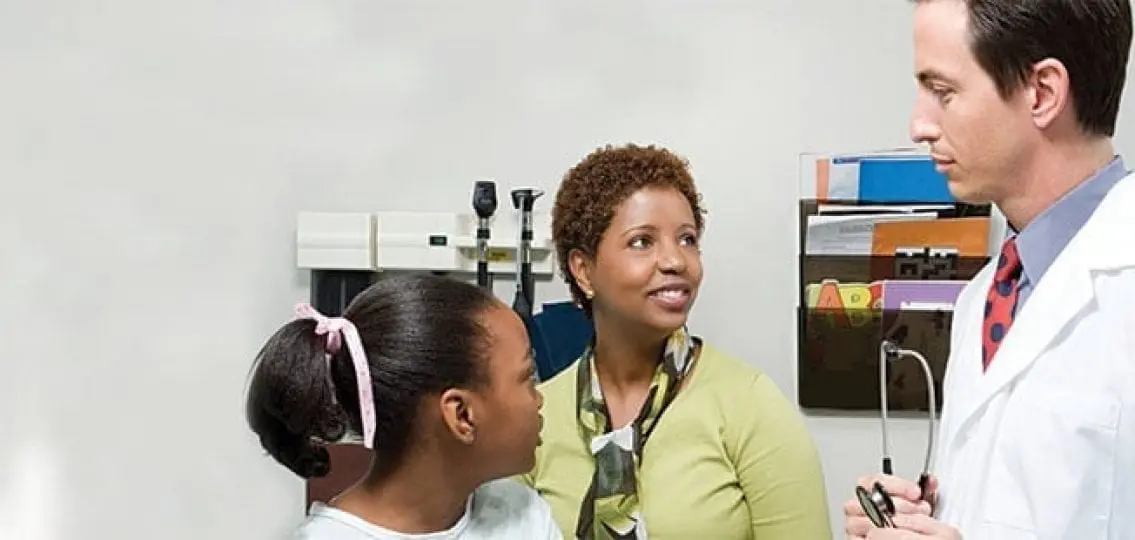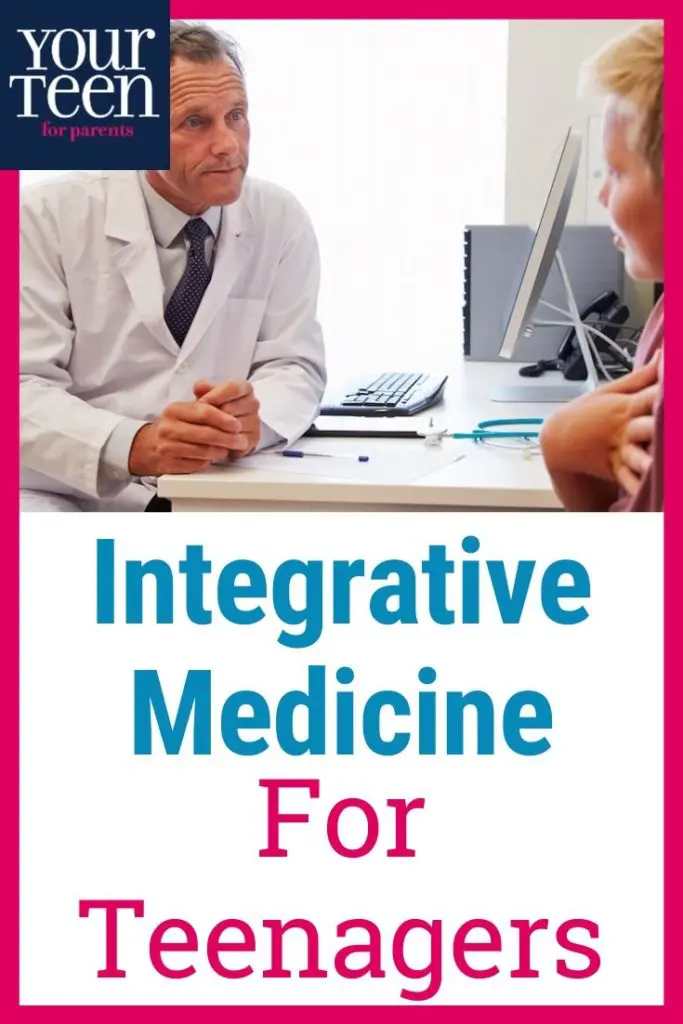Dr. David W. Miller of the Connor Integrative Health Network is one of five physicians who is certified in both pediatrics and Chinese medicine. He shares his perspective about options for treatment that focus on our mind-body connection.
Q: What services for teenagers exist that were not available to us when we were growing up?

- Acupuncture brings in a whole body of knowledge from a different medical system and provides a range of options for pain, for emotional disorders, for anxiety, for mood
- Meditation and mindfulness meditation help train people to take control of their own emotions and thinking
- Massage therapy used to be thought of as a feel-good, relaxing kind of thing (not that we should downplay the importance of that, especially in today’s world). But medical massage can go beyond that to clear up so muscular skeletal pain problems and tangles in the mind-body connections.
Q: Should a parent encourage a middle school or high school kid to come in pre-diagnosis or should they come after they’ve been to a doctor?
Miller: Many times, I will see people who have been to every doctor they could find already and they’re coming to me to see what other options I have to offer them. Other times, I’ll have families who come in and say, “Hey, I think we can be doing better with eating. There might be some lifestyle issues going on. My teenager is staying up until 3 in the morning and getting up at 1 in the afternoon. Is that okay?” Then we can have a nuts and bolts healthy living discussion and hopefully avoid getting sick in the first place.
Q: Anxiety is one of the more common things we’ve seen middle school and high school teens struggle with, and it’s certainly elevated now. What are some things you can do?
Miller: One of the components of integrative medicine is its individual nature. Parents can bring kids in and we can figure out whether the anxiety is severe and diagnosable or situational, in which case they just need some relief. Part of the challenge is finding out what works best for each person. At Connor, we structure things so people can come in, and we can learn what’s going on and get to know them a bit. Then, we can connect them to the services that might be most optimal for them.
Some kids come in and are super open to exploration. I had a kid whose mom thought he’d never try acupuncture. He hopped on the table and handled it like a champ and realized that he felt more relaxed. So it gave him a chance to try something new and it turned out to be a good fit for him.
Q: Do you look at different treatments for different diagnoses or do you try all of them to see what might work?
Miller: We try to make a staged effort to make a good choice of where to start. The goal is to find a treatment modality that will address a patient’s issues as quickly as possible. For something like sleep, there are certain things everyone should be doing like good sleep hygiene, but other people may need some extra things on top of it.
Q: Sleep isn’t a diagnosis.
Miller: That’s right. Sleep disturbance could be the result of 20 different things going on.
Q: So if my teen comes to see you with sleep issues, will you try to dig deep to figure out the cause?
Miller: Absolutely. As deep as they are comfortable going. Teenagers can be private so you have to tease it out. I try to get to know them and figure out their priorities. I can try and fix their sleep all day long, but if they don’t see it as a problem, you won’t be able to change anything. I’ve also found that even if they don’t apply information you give them right then and there, they’re listening to you. They’re evaluating you and thinking about what you’re saying, and they may apply it a few years later.
Q: When a teen has chronic pain from something like a sports injury or an accident and they’ve gone everywhere but no one has been able to help, what can you offer?
Miller: Pain is one of the areas where a number of techniques we’ve used have really shined. Acupuncture is way at the top of the list. There are causes of pain that are very hard to treat with a pill. And some others that are hard to treat with different therapies.
There are many reasons why we have pain that integrative modalities can address: structural issues; myofascial issues. Sometimes it’s a matter of changing the perception of the pain. You can help someone a lot by teaching them to manage their pain signals. It’s like when you have the television on and one person thinks it’s too loud and one thinks it’s too soft.
Q: How can you change that perception?
Miller: Usually something like insight training helps them understand that they have the option to change how they respond to the pain signal. Pain is usually a warning sign that tells us not to move or that something will be damaged if we do. Sometimes, we need to listen to the warnings, but in the case of chronic pain, these signs are often not helpful. Someone could be afraid to move, to stretch, to exercise even though their doctor has cleared them. We have to help overcome the emotional and cognitive blockages that may be keeping them from their own healthiest self.
Q: What condition can you treat that we wouldn’t even know to come to you for?
Miller: Myofascial pain disfunction. Our muscles don’t function as a single unit. For example, trigger points in the neck can show up as a headache that no one can treat. The problem is that the source of the pain is in the muscles so until you treat the muscles, you don’t get rid of the headache. This kind of thing can happen anywhere in the body.
Q: What services are most popular with teenagers?
Miller: When they get to know it, acupuncture can be something they really enjoy. It’s very different from any other medical treatment they’ve ever gotten. Chiropractic is another one that teens don’t know about that is helpful. The more we see images in the media of really well-respected sports figures using these integrative modalities – like Michael Phelps and cupping – the more willing they are to consider them.






